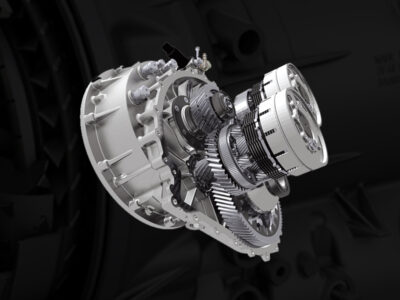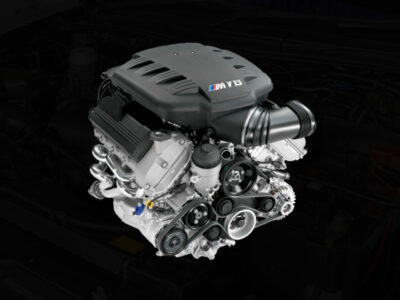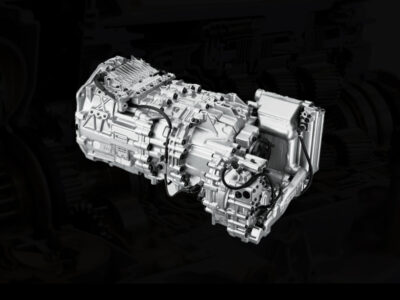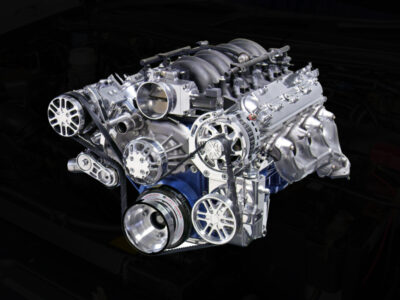
Buying a used car engine can save you money compared to a new one, but a faulty or poorly maintained engine can lead to costly repairs. To help you choose a dependable used car engine, we’ve compiled expert tips to guide your purchase, ensuring your vehicle runs smoothly without breaking the bank.
1. Check the Engine’s History
A thorough history check is crucial to gauge an engine’s reliability. Focus on these key areas:
- Mileage: Engines with under 100,000 miles typically have more life left. High-mileage engines can be reliable if well-maintained, so ask for exact mileage and verify with service records.
- Service Records: Look for documented oil changes, timing belt replacements, and other maintenance. Consistent records (e.g., oil changes every 5,000 miles) suggest proper care.
- Source: Certified suppliers like A111 Auto Parts often provide detailed histories, unlike private sellers. Request documentation, especially if buying online.
2. Inspect the Engine Visually
Here’s what to look for:
- Oil Leaks: Check for dark stains around gaskets, seals, or the oil pan. A leaking rear main seal, for instance, can be costly to fix.
- Belts and Hoses: Cracked or frayed belts and hoses indicate neglect and may need replacement soon.
If inspecting in person, use a flashlight for hard-to-see areas. For online purchases, request high-quality photos or a video walkthrough.
3. Perform a Compression Test
Low or uneven compression can indicate:
- Worn piston rings (causing oil consumption)
- Damaged valves (reducing power)
- Blown head gasket (leading to overheating)
A mechanic can perform the test for $50–$100, comparing results to the manufacturer’s specs (e.g., 150–180 psi for a four-cylinder engine). If buying a removed engine, ask if the seller tested compression before removal.
4. Listen for Unusual Noises
If the engine is running, listen for:
- Knocking: Suggests worn bearings, a costly repair.
- Hissing: Indicates a vacuum leak, affecting performance.
- Grinding: Points to internal damage or accessory issues.
A healthy engine idles smoothly with a consistent hum. Request a video of the engine running if buying remotely.
Check this out: How to Dispose of Used Engine Oil Properly?
5. Verify Compatibility
Ensure the engine fits your vehicle by checking:
- Make, Model, and Year: Confirm the engine matches your car (e.g., a 2015 Honda Civic engine may not fit a 2018 model).
- Engine Code: Check the code on the block or in your vehicle’s manual to ensure an exact match.
- Transmission: Some engines only work with specific transmissions (manual vs. automatic).
- Emissions: Verify compliance with local regulations, especially in strict areas like California.
Consult your vehicle’s manual or a mechanic to avoid installation issues. Suppliers like A111 Auto Parts can confirm compatibility.
6. Buy from a Reputable Seller
A trustworthy seller reduces risks. Consider:
- Certified Suppliers: Companies like A111 Auto Parts offer quality-tested engines with warranties (30 days or more).
- Reviews: Check Google or automotive forums for positive feedback. Avoid sellers with consistent complaints.
- Transparency: Reputable sellers provide mileage, condition details, and documentation willingly.
For peace of mind, choose suppliers with a proven track record and responsive customer service.
7. Prioritize a Warranty
A warranty protects your investment. Look for:
- Duration: At least 30 days, ideally 90 days or more.
- Coverage: Ensure it includes parts and, if possible, labor.
- Return Policy: Confirm the process for returns, including who covers shipping.
Avoid sellers offering no warranty, as it suggests low confidence in their engines.
8. Consider a Professional Inspection
If you’re unsure, hire a mechanic to inspect the used car engine. They can:
- Spot hidden damage (e.g., cracked components)
- Test sensors and electronics
- Perform compression or leak-down tests
An inspection ($100–$200) can save thousands in repairs. If buying remotely, ask if the seller allows independent inspections.
Wrapping Up
By checking the engine’s history, inspecting it visually, testing compression, listening for noises, verifying compatibility, buying from a reputable seller like A111 Auto Parts, and securing a warranty, you’ll minimize risks and find a quality engine. A professional inspection adds extra assurance.
A111 Auto Parts offers thoroughly tested used car engines and transmissions with warranties, ensuring your peace of mind. Contact our team or visit their inventory for reliable options tailored to your vehicle.





